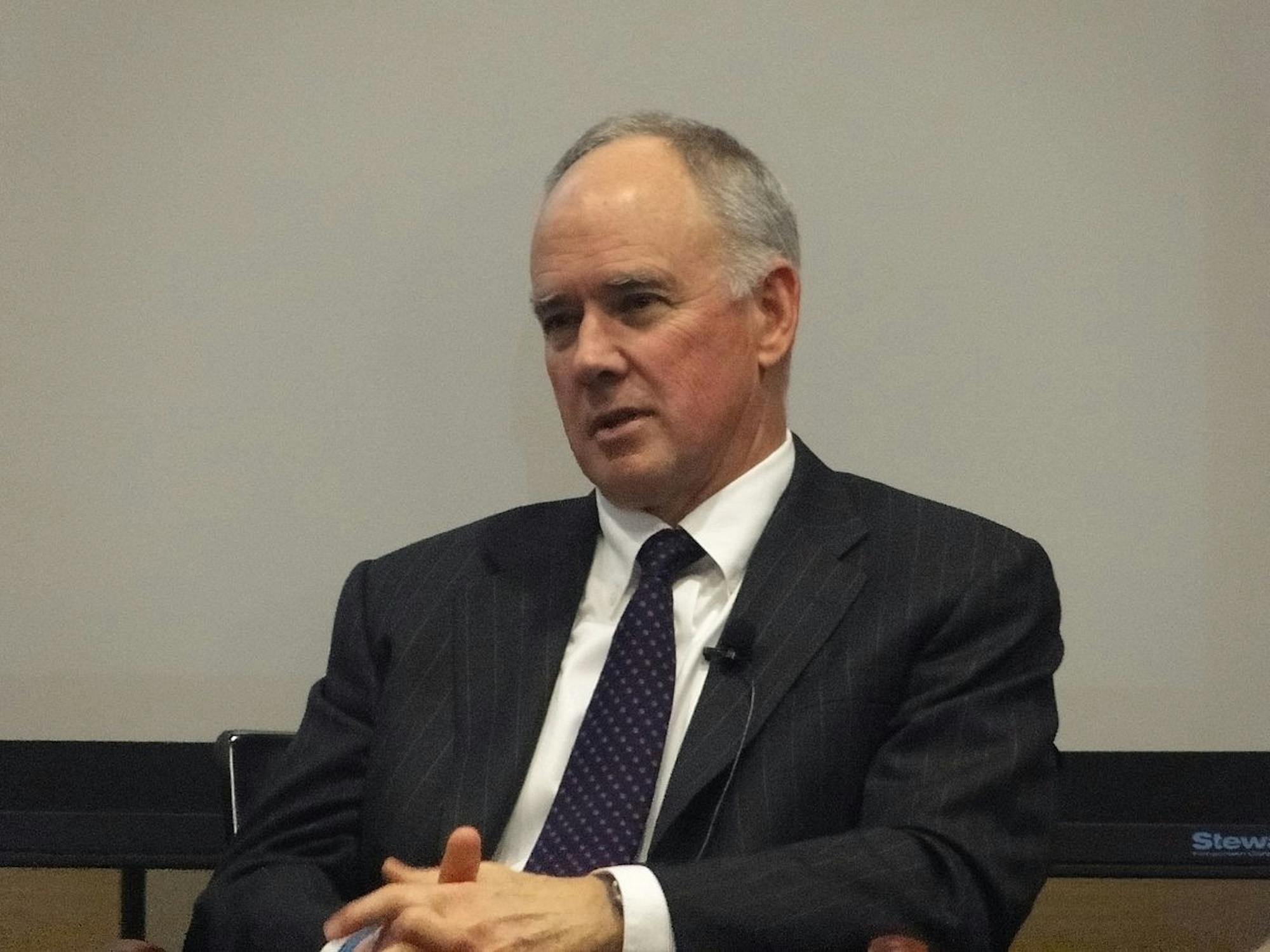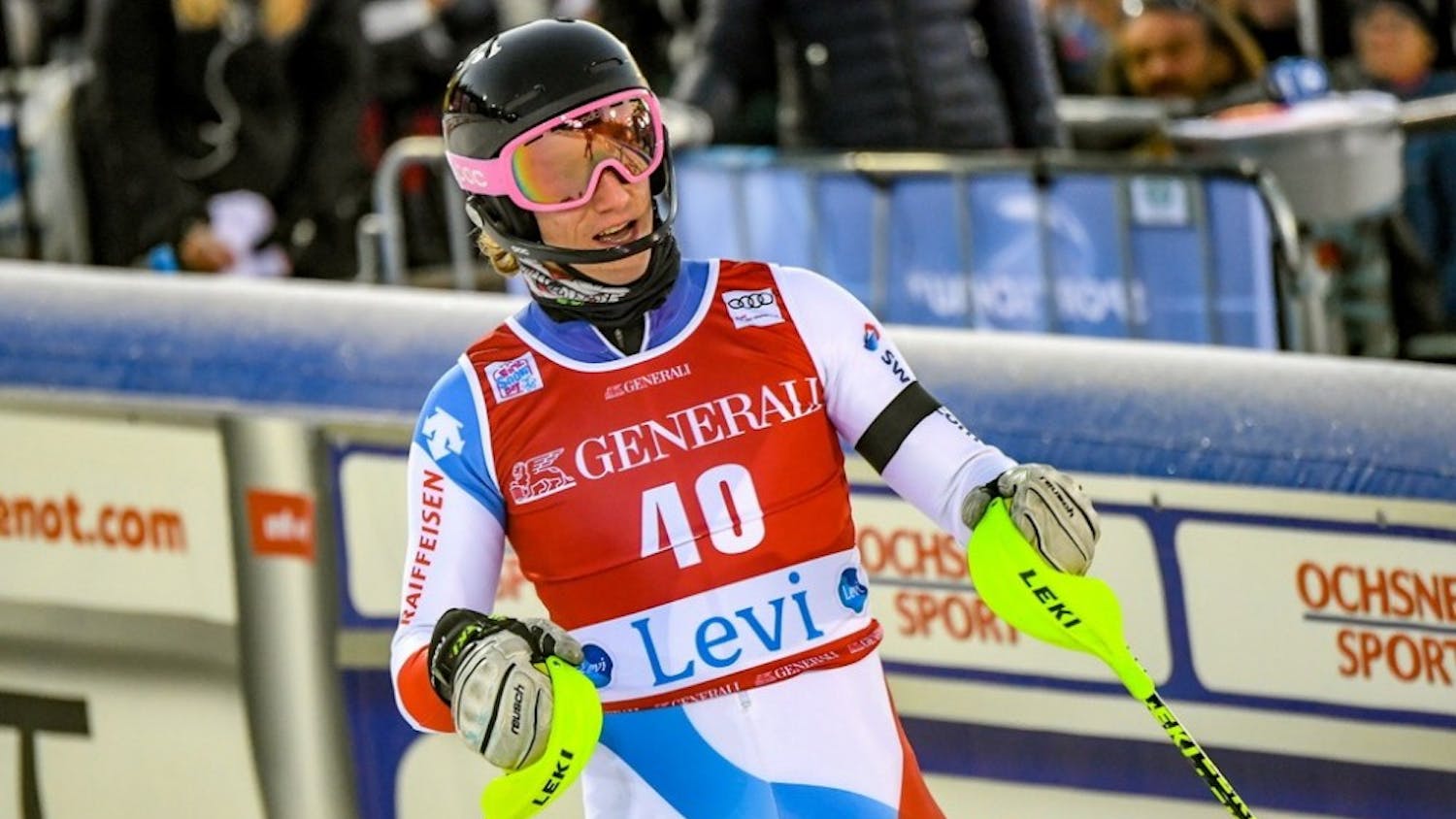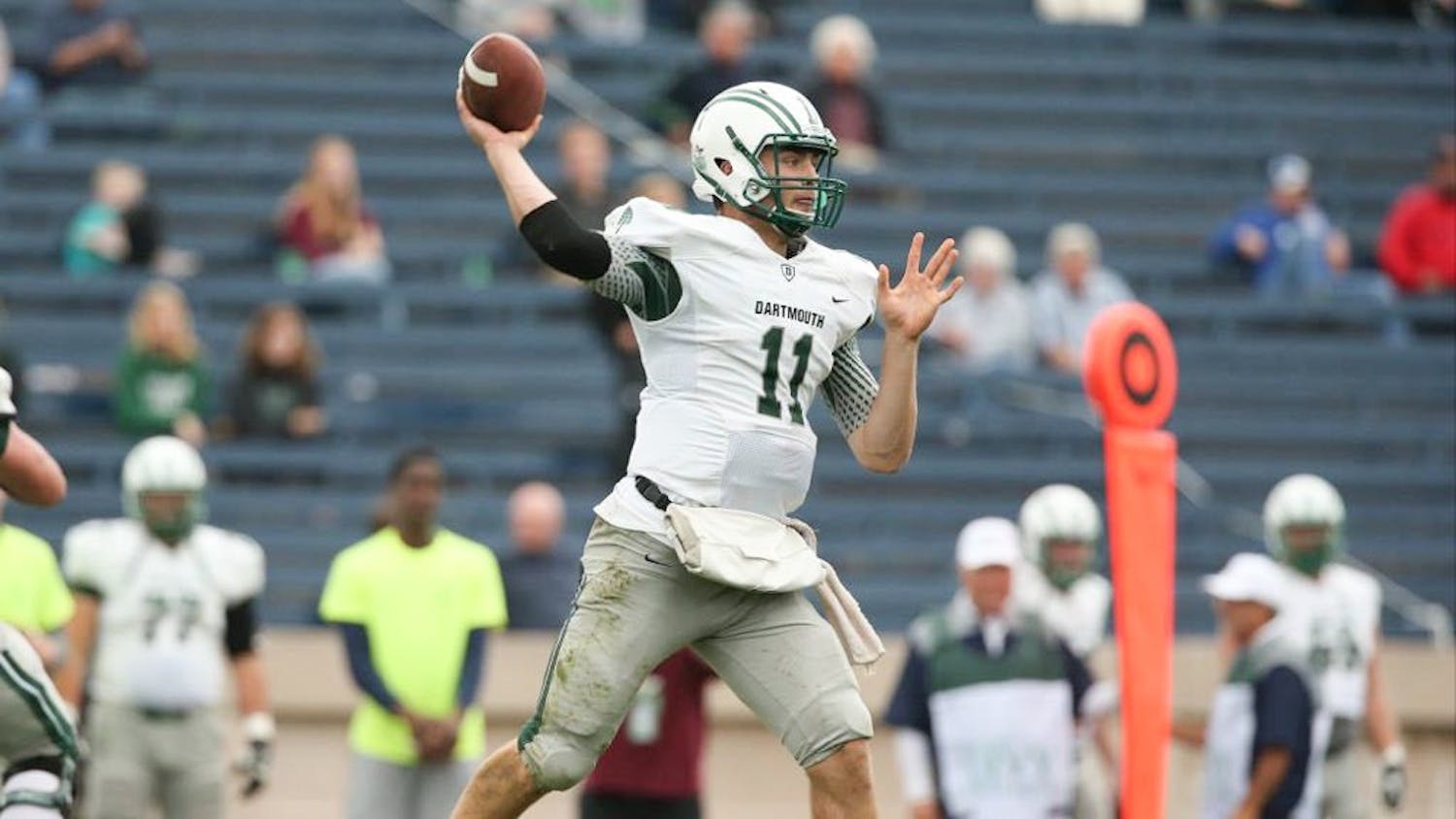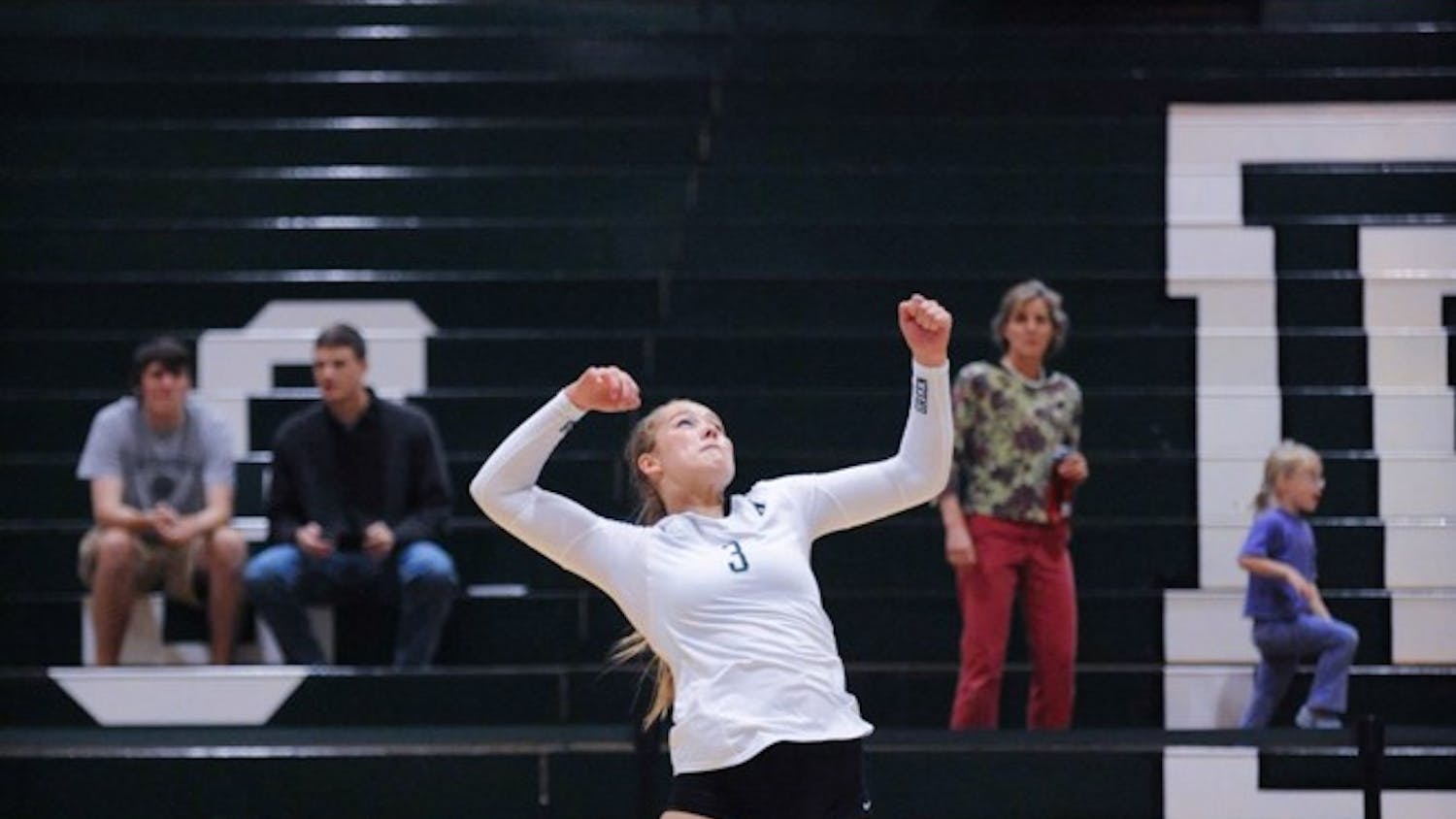In September, following stints as general manager for the New York Mets from 2010 until 2018 and as senior advisor of baseball operations to Oakland Athletics general manager Billy Beane in 2019, Sandy Alderson ’69 stepped into the role of Mets team president. Alderson, who has worked in Major League Baseball since 1981, sat down with The Dartmouth to discuss his time at the College, his experience as a journalist and marine in Vietnam, his career in baseball and more.
In general, what was your experience at Dartmouth like?
Dartmouth was a little bit different in those days. For instance, there were no women. I was in ROTC during the Vietnam era, I played baseball for a couple of years, and thereafter, I dabbled in a number of different interests that Dartmouth afforded me. I was what I would call a pseudo-journalist in Vietnam for a short period of time, I worked for WDCR doing sports and play-by-play. I was also a part of Dartmouth Outward Bound, a member of Sigma Alpha Epsilon and I was a history major.
Do you have any memories from any of those clubs and activities at Dartmouth that really stand out to you?
Being in ROTC from 1965 to 1969 was a fairly unique experience. Outward Bound was a great experience. The College had an Outward Bound Center at that time, and I participated in that my senior year, which was a great opportunity for experiential education and leadership. That was a highlight. I enjoyed playing baseball, but I wasn't very good at it.
What I remember most is my classmates. And my classmates, not just those in the fraternity, but more broadly within the class and other classes. A lot of those friendships have continued over the last 50 years.
You said that you studied history at Dartmouth. How do you think your education at Dartmouth prepared you for your career after you left college?
I was a history major, and I still have a sort of an abiding interest in history. More generally, the liberal arts education had a big impact on me. It had an impact immediately when I was in Vietnam and affected how I approached situations and made decisions. I think all of those were influenced by my liberal arts education. I think that it also fostered a sense of curiosity. Not just in terms of history, but curiosity about the world generally, and different disciplines and subject matter. I think Dartmouth has helped me develop a standard of excellence that I have tried to achieve in various areas — not always successfully, but I think that Dartmouth gave me that goal, at least.
You were in Vietnam in 1967 and 1968 as a journalist and a Marine there in 1970 and 1971. What was your time like there?
I went there in 1967 to visit my father, who was an Air Force pilot. The way I got into the country was with a journalist visa; I didn't really get accredited as a journalist by the Army. I think the reason I went was partly because of my father but also just because I had a general interest in what was going on in Southeast Asia at that time. At that time, it was one of the issues of the day, along with civil rights; it was certainly the foreign policy issue of the day. I was interested in seeing it firsthand and I had the opportunity to do it and I said to myself, “why not?”
I was there for about a month in 1968. It was eye-opening. On the other hand, for somebody who was at that time 19 years old, I didn't have a good perspective on what was going on. For example, I think I took the first Vietnamese history course ever at Dartmouth, and it was a specially designed course. There just wasn't a lot of history or commentary about the larger issues facing that area of the world and the political factions and how they related to nationalism versus communism and capitalism.
When I went there in 1970, I was a platoon commander and I was responsible for a group of Marines. That was a whole different experience, and that was where the liberal arts education came into play — in making decisions and balancing various factors from a mission with the safety of the men. Someone with a Dartmouth background, liberal arts background, I think, approaches those decisions differently.
You’re currently the team president of the New York Mets. How did your career path lead you here?
I went to law school after I was in the service and worked at a law firm in San Francisco for about five years. There, I met a fellow Dartmouth graduate — Roy Eisenhardt, Class of 1960. He was a lawyer in the same firm as me, and his father-in-law, Walter Hawes of the Levi Strauss company, bought the Oakland Athletics. Eisenhardt asked me to get involved, so I helped with the purchase of the team from Charlie Finley. Then, about a year later, I went over to the A's full time, and that's how it started. I was with the A’s for 17 years. Then, I left there and went to Major League Baseball, where I worked for about seven years. After that, I went to the San Diego Padres as president and CEO of the team in 2005, spent four years there, and then came to the Mets in 2010 as the general manager and left in 2018. Now I'm back. I think I'm back partly because I knew the team, and I know the New York media environment. I have continued to help the new ownership reshape the team, and we'll see how successful we were over the next few months.
Very generally, what is a normal day for you in your position with the Mets?
The days break down into distinct periods of time. If you were to start at the end of a previous season, the period from say October through the end of January, it's mostly about being on the phone trying to improve the team. At the same time, I'm responsible for other aspects of the organization. Setting ticket prices and doing budgets is the majority of work during that period. Then, from the beginning of spring training through the end of the season, it's about the team. It's also about putting on 82 home game dates. It's about overseeing ticket sales and sponsorships and a variety of other things. So, it really depends on the time of the year.
You have obviously had to navigate your work during the COVID-19 pandemic. What challenges have you had? And how have you been able to try and find solutions to them?
The biggest challenge is just learning how to function when everyone is working remotely. And some of the newer applications like Zoom and WebEx and so forth have really created a tremendous opportunity to stay connected and stay communicating. Then, with respect to playing games, making sure that the players are as protected from COVID-19 infection as possible. We've recently started to vaccinate our players as they become eligible, but not all of them are taking the vaccine. Part of our effort, in addition to getting the vaccinations, is to educate our players on the benefit of vaccinations to make sure that they're making informed decisions.
In the past offseason, the Mets made some big trades and signings, including signing all-star shortstop Francisco Lindor to a $341 million deal. What excites you about some of these moves that you made and the future of the team going into this season and beyond?
I like our team on paper, in part because I think we brought in some impact players — including Lindor, Carlos Carrasco and a couple of others. We were also able to bring in some additional role players in the bullpen and so forth. But the other thing was we've substantially improved our depth throughout the roster, the 40-man roster, and at the minor league level, with free agents. Our farm system is not as good as it once was, and most of our talent is at the lower levels. With that, we're not going to get immediate benefit from some of our young players, which is why we went out and tried to create some depth with some other acquisitions.
This interview has been edited and condensed for clarity and length.




